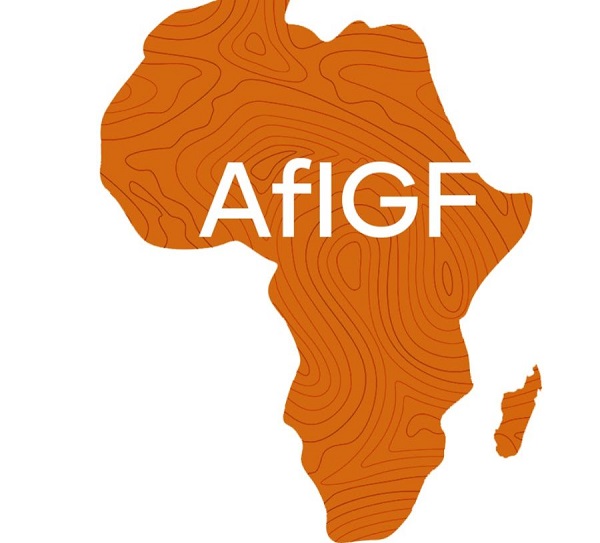By Felicia Nwosu
In the bid to raise the bar in the areas of inclusion, security of cyberspace and strengthen efficient innovation, the Africa Internet Governance Forum (AIGF) has called for an increased strong partnership for the harmonisation of cyber security laws, to enable the continent fortify its territory against the menace of various cyber threats.
Lillian Nalwoga, chairperson of the AIGF, while giving her remarks, expressed worry over some of the militating forces hampering digital inclusion, promotion of a cyber-threat free zone and digital penetration within the continent. Calling for the collaborative efforts of key players in nipping the situation in the bud, she acknowledged the need for African nations to sign the African Union Convention on Cyber Security and Personal Data Protection.
Nalwoga also explained that the framework of the AIGF was meant to provide general rules and principles on three broad themes, which include personal data protection, electronic commerce, as well as cyber-security and cybercrime on the continent. She cautioned that lack of harmonisation of cyber-security laws could obstruct the fight against cyber security, making it difficult to address the problem at the regional level.
“In Africa, we have a cyber-security convention, and we need countries to agree to that because without the harmonisation, it will be difficult to address cyber -crime at the regional level. We need countries that have not ratified the convention to do so, and urged countries that are lagging behind in terms of coming up with the right cyber security laws to do something, and also adopt data protection and privacy laws,” she said.
Samuel Nartey Gorge, Secretary General of the AIGF and a Member of Parliament in Ghana, decried the lack of proactive measure and the lingering processes before the Malabo Convention on Cyber-security could come into force, noting that Nigeria, which is a big player on the continent is yet to ratify the protocol.
Speaking at the AIGF 2023 event, Prof. Umar Danbatta, the Executive Vice Chairman (EVC) of Nigerian Communications Commission (NCC), revealed that Digital financial inclusion index has risen to about 70 per cent from previous one per cent penetration in the country.
The NCC EVC explained that the financial inclusion strategy of the government is currently telecommunications-driven, and that the idea to drive the process was informed by the pervasive nature of telecoms infrastructure.
Danbatta commended the growth recorded so far by the regulatory body through the perfection of the Unstructured Supplementary Service Data (USSD), which has eliminated countless barriers and hitches associated with banking operations in the recent time.
Giving a detailed reports on the move to secure the nation’s cyberspace, Danbatta stated that in addition to the Nigerian Computer Emergency Response Team, domiciled in the Office of the National Security Adviser (NSA) to secure the ecosystem, the NCC also has the Nigerian Computer Incident Response Team, which provides advisory on a daily basis on how telecommunications companies could protect themselves from malicious attacks.






Comment
No comments found.